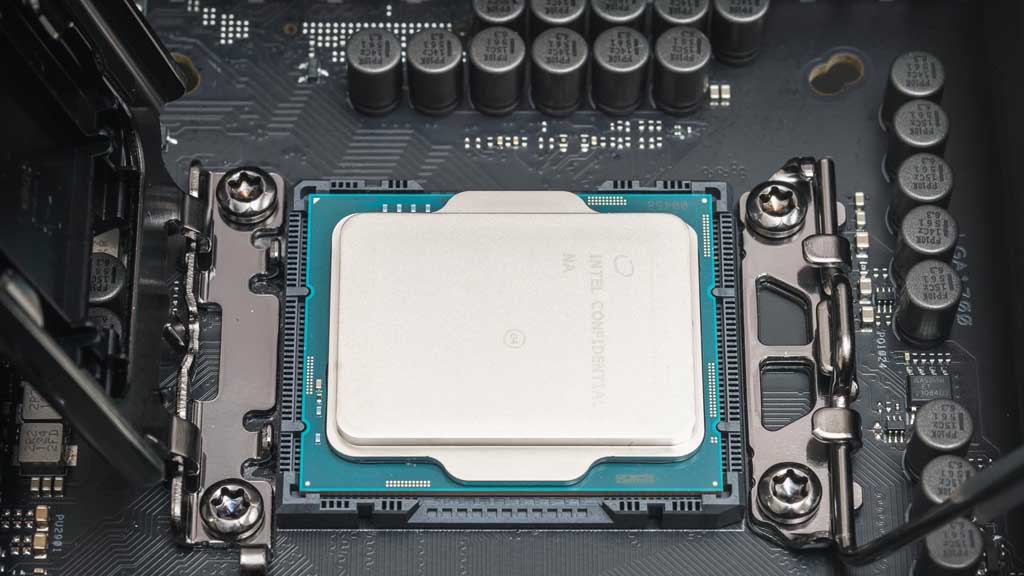Huawei AI chips are rapidly emerging as the preferred choice among Chinese companies as security concerns cloud the future of Nvidia’s H20 processors in China. Within the first few months of 2025, Huawei’s Ascend chips have seen increased adoption by local firms, especially in the automotive and semiconductor sectors.
Nvidia H20 Deemed Risky by Chinese Regulators
The shift began after the Cyberspace Administration of China (CAC) raised security concerns over Nvidia H20 chips, labeling them as potentially harmful due to alleged backdoor risks. Although Nvidia has strongly denied these allegations, it has yet to satisfy CAC with adequate supporting documents and clarifications. As a result, Nvidia’s ability to sell these chips in the Chinese market remains uncertain.
Huawei AI Chips Gaining Ground in Automotive Sector
Automakers Shifting to Huawei AI Chips
Leading Chinese automotive companies like Xpeng and NIO, once reliant on Nvidia’s computing solutions, are now turning toward Huawei AI chips. These companies are rapidly re-evaluating their supply chains as they seek domestic and secure alternatives. Huawei’s Ascend processor line, especially those developed under its HiSilicon brand, has become a go-to solution for powering intelligent systems in smart electric vehicles.
Local Chipmakers Join the Momentum
Several other local chipmakers are also entering the fray. CoreDrive Technology, Black Sesame Intelligence, and others are focusing their R&D toward the automotive AI market, aiming to reduce dependence on foreign chipmakers and comply with local security standards.
Huawei’s Position as a Strategic Alternative
The geopolitical tension between the U.S. and China, especially in the realm of semiconductor technology, has pushed local enterprises to double down on China-first strategies. In this environment, Huawei AI chips offer a blend of performance, government backing, and regulatory safety, giving them a competitive edge over foreign alternatives.
Rumored Next-Gen Smart Chips by Huawei
According to reports, Huawei is also developing next-generation AI chips specifically for automotive solutions, which could further entrench its leadership in this space. While official timelines are yet to be confirmed, the move reflects Huawei’s long-term ambitions in smart mobility and AI integration.
The Rise of National Tech Autonomy
China’s emphasis on technological self-reliance is playing out across various sectors, and the shift toward Huawei AI chips is a clear reflection of that policy. By prioritizing homegrown solutions, Chinese firms hope to insulate themselves from geopolitical risks while building an independent innovation ecosystem.
Outlook for Foreign Chipmakers in China
While Nvidia may attempt to re-enter the market with revised or compliant chip versions, the damage to trust may take longer to repair. Unless future offerings address CAC’s concerns comprehensively, Nvidia risks losing its foothold in key Chinese industries, particularly automotive AI and machine learning infrastructure.
Conclusion: Huawei Leads the AI Chip Race in China
The increasing adoption of Huawei AI chips marks a strategic pivot in China’s AI and semiconductor strategy. What began as a security concern around Nvidia H20 chips has turned into a market opportunity for domestic players like Huawei. With strong local support, technological maturity, and growing client interest, Huawei is positioned to be the first choice for AI computing in China’s future tech landscape.








